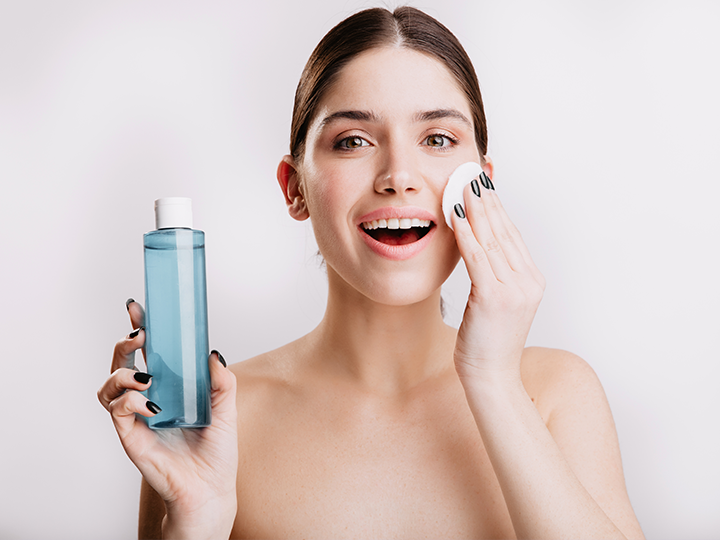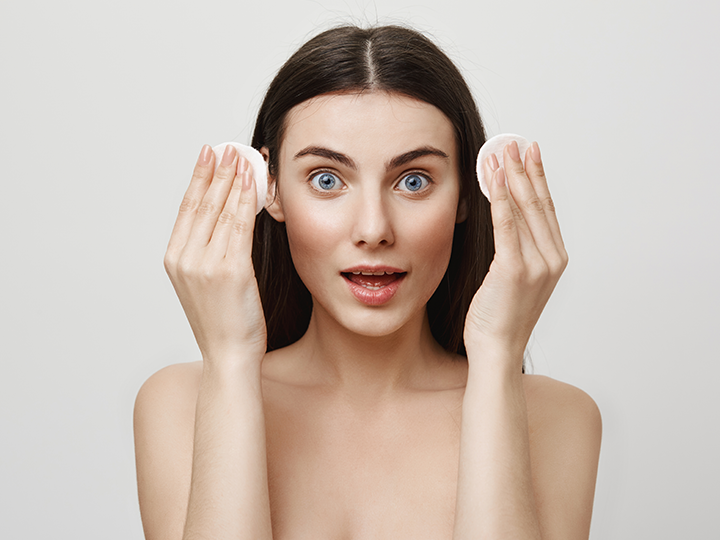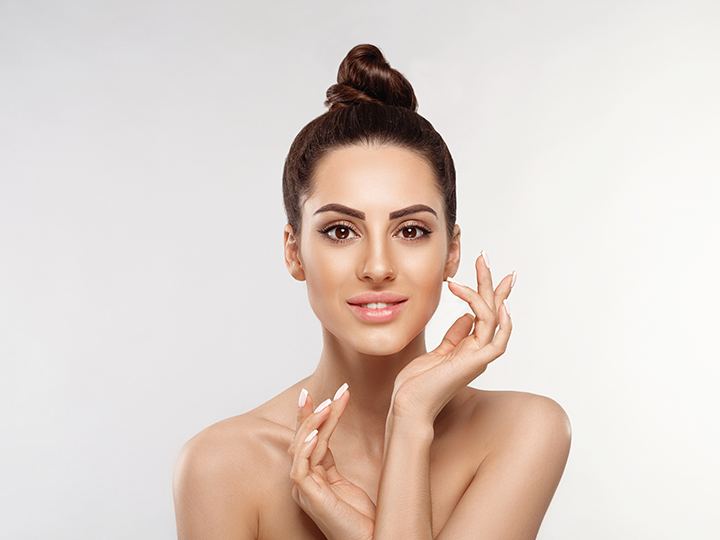
What Happens If You Sleep Without Removing Your Makeup?
We've all been there. You come home late after a long day, too tired to remove your makeup, and decide to hit the pillow without taking off your foundation, mascara, and lipstick. But while it may seem like a harmless decision, sleeping with makeup on can lead to a host of skin problems and overall health issues.
In this article, we'll explore the reasons why you should never sleep with makeup on, and the consequences that can arise from doing so.
The Science Behind Makeup Removal
Before we dive into the negative effects of sleeping with makeup on, let's first understand why it's so important to remove your makeup before bed. Makeup, particularly long-wearing formulas and those that contain oil, can clog your pores and trap bacteria and dirt, leading to acne breakouts, inflammation, and irritation.
Additionally, sleeping with makeup on can interfere with your skin's natural regenerative process, which occurs during the night. When you sleep, your skin works to repair itself and produce new skin cells, which can be impeded by the presence of makeup.
The Negative Effects of Sleeping with Makeup On
Now that we know the science behind makeup removal, let's explore the negative effects of sleeping with makeup on.
Acne Breakouts
One of the most common consequences of sleeping with makeup on is acne breakouts. As mentioned earlier, makeup can clog your pores and trap bacteria and dirt, leading to inflammation and acne.
According to a study published in the Journal of Cosmetic Dermatology, sleeping with makeup on increases the likelihood of developing acne, particularly in women. The study found that women who slept with makeup on had higher levels of Propionibacterium acnes, a bacteria that is associated with acne breakouts.

Premature Aging
Sleeping with makeup on can also accelerate the aging process of your skin. Makeup, particularly those that contain oil, can cause oxidative damage, which can lead to wrinkles, fine lines, and sagging skin.
In addition, sleeping with makeup on can prevent your skin from absorbing the moisturizers and anti-aging products that you apply before bed, reducing their effectiveness.
Eye Infections
Leaving mascara and eyeliner on overnight can lead to eye infections, such as conjunctivitis and styes. These infections can cause redness, swelling, and discomfort, and can take several days to heal.
Dryness and Irritation
Sleeping with makeup on can also cause dryness and irritation of the skin, particularly for those with sensitive skin. The chemicals and fragrances in makeup products can strip the skin of its natural oils, leaving it dry and irritated.
Allergic Reactions
For those with allergies or sensitive skin, sleeping with makeup on can lead to allergic reactions. The chemicals and fragrances in makeup products can trigger an allergic response, causing redness, itching, and swelling.
How to Remove Makeup Properly
Now that we've explored the negative effects of sleeping with makeup on, let's discuss how to remove your makeup properly. The first step is to choose a makeup remover that is suitable for your skin type. For oily skin, choose an oil-free formula, while for dry skin, opt for a gentle, hydrating cleanser.
Next, use a cotton pad or a soft cloth to apply the makeup remover to your face, focusing on the areas with the most makeup, such as the eyes and lips. Gently wipe off the makeup, being careful not to tug or pull on your skin.
Finally, rinse your face with lukewarm water to remove any remaining makeup and cleanser. Pat your face dry with a soft towel, and apply a moisturizer to keep your skin hydrated.
If you wear heavy makeup or have particularly oily skin, you may want to consider double cleansing. Double cleansing involves using an oil-based cleanser to remove makeup and dirt, followed by a water-based cleanser to clean the skin. This method ensures that all traces of makeup and dirt are removed, leaving your skin clean and refreshed.

In conclusion, sleeping with makeup on is a bad habit that can lead to a host of skin problems and overall health issues. Makeup can clog your pores, trap bacteria and dirt, and interfere with your skin's natural regenerative process. As a result, sleeping with makeup on can lead to acne breakouts, premature aging, eye infections, dryness, irritation, and allergic reactions.
To avoid these negative effects, it's important to remove your makeup properly before bed. Choose a makeup remover that is suitable for your skin type, and gently wipe off your makeup using a cotton pad or soft cloth. Rinse your face with lukewarm water, pat it dry, and apply a moisturizer to keep your skin hydrated.
By making makeup removal a part of your nightly routine, you can ensure that your skin stays healthy and beautiful for years to come. So, next time you're tempted to hit the pillow with your makeup on, remember the negative effects that can arise from doing so, and take the extra few minutes to remove it properly. Your skin will thank you!
